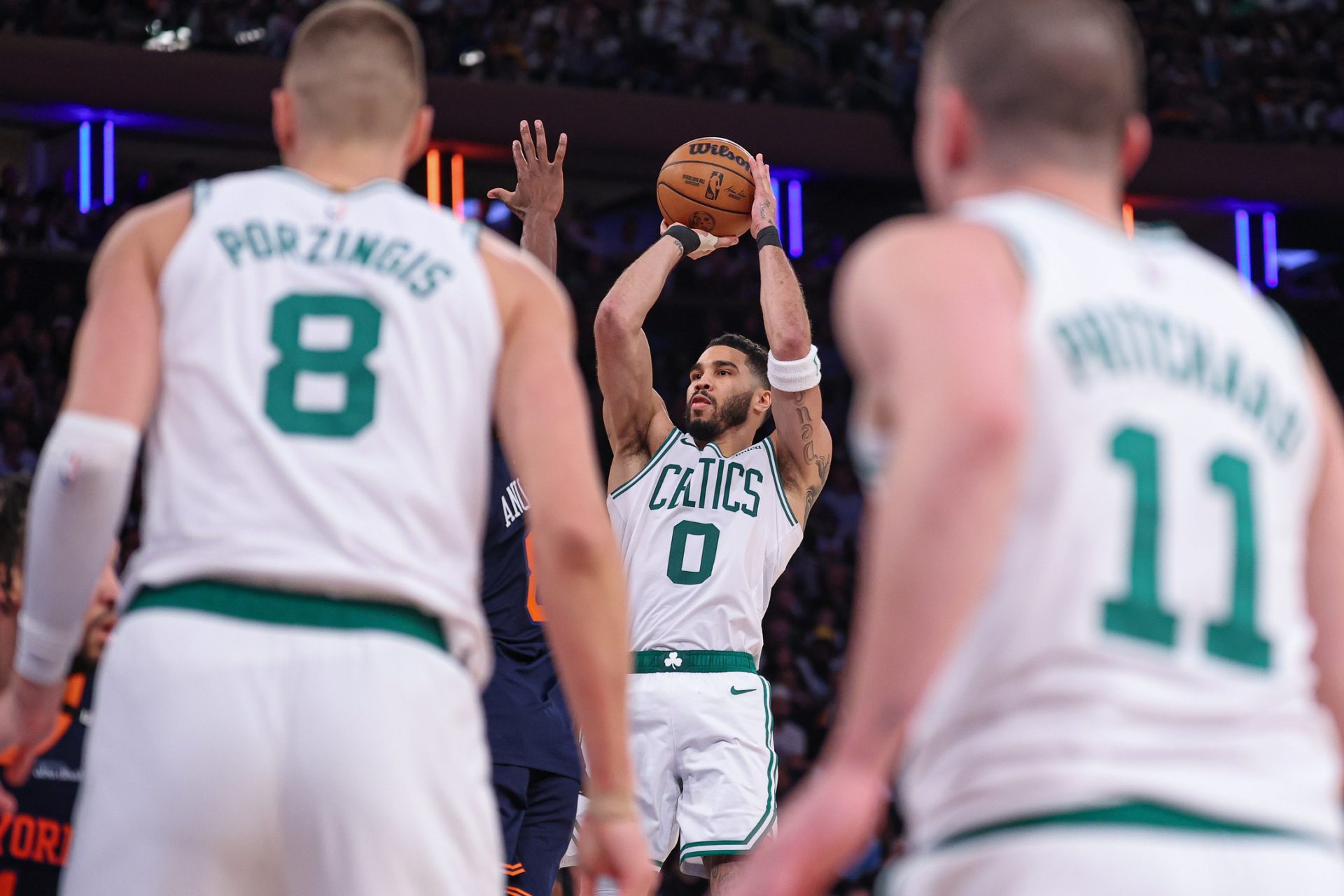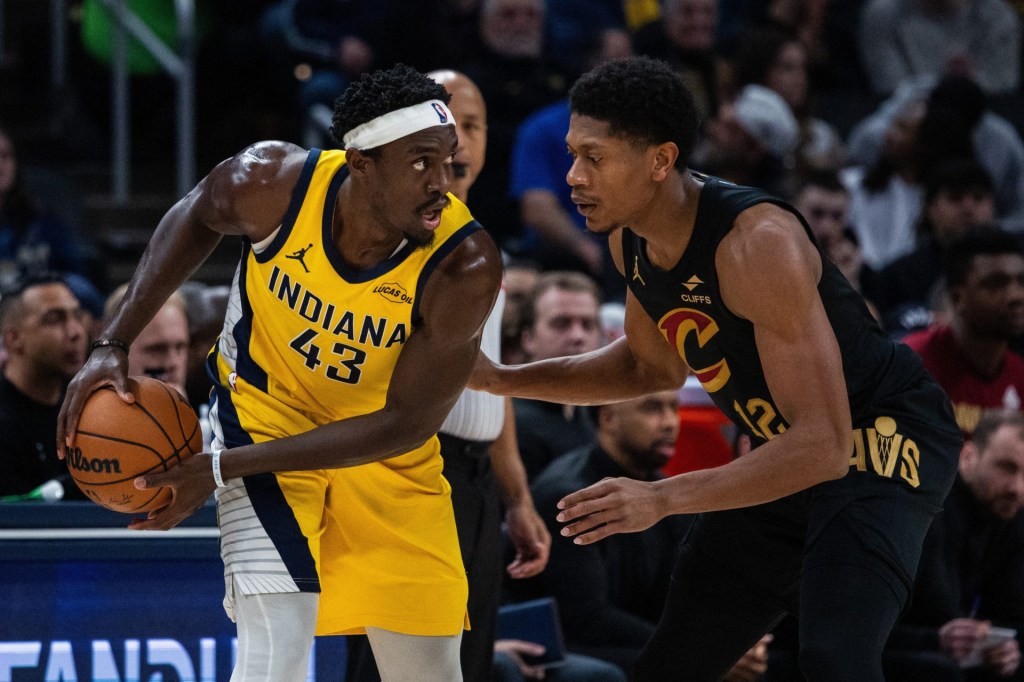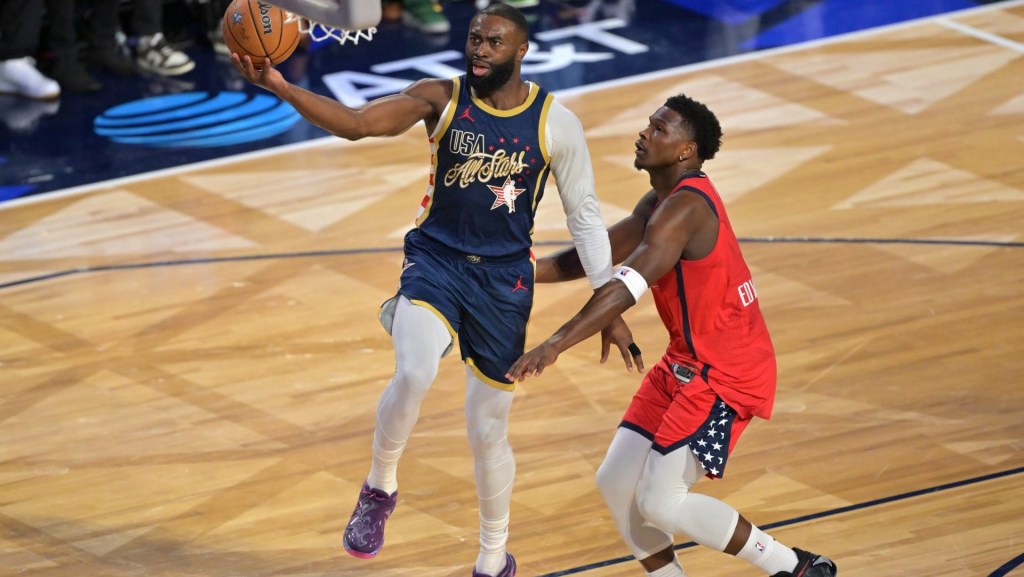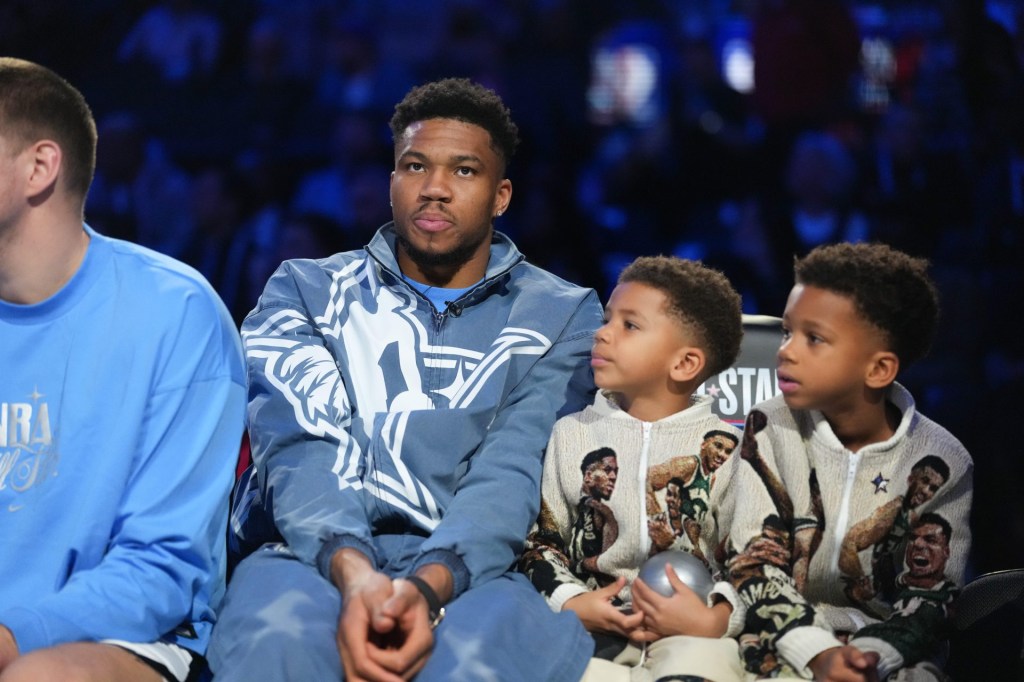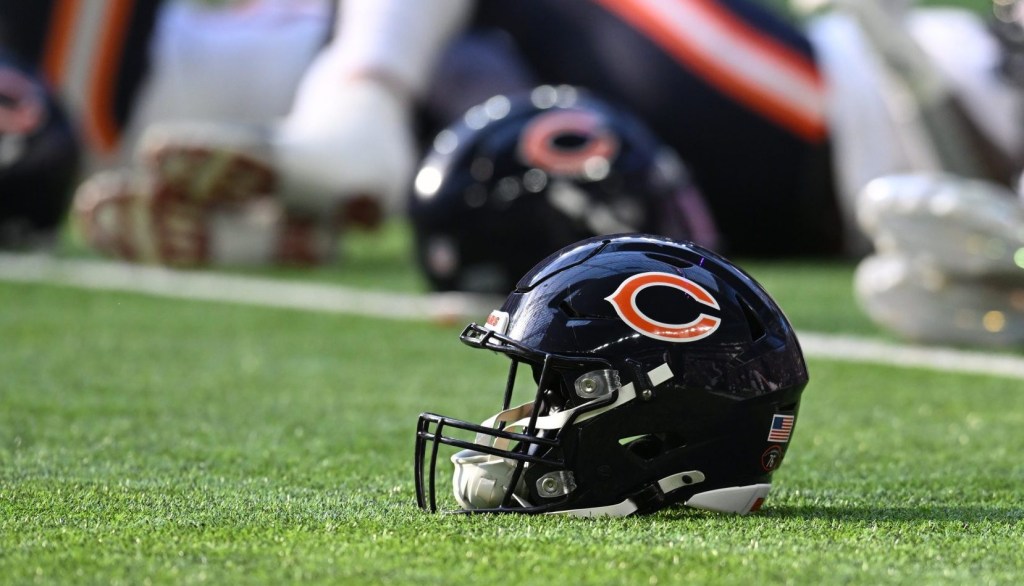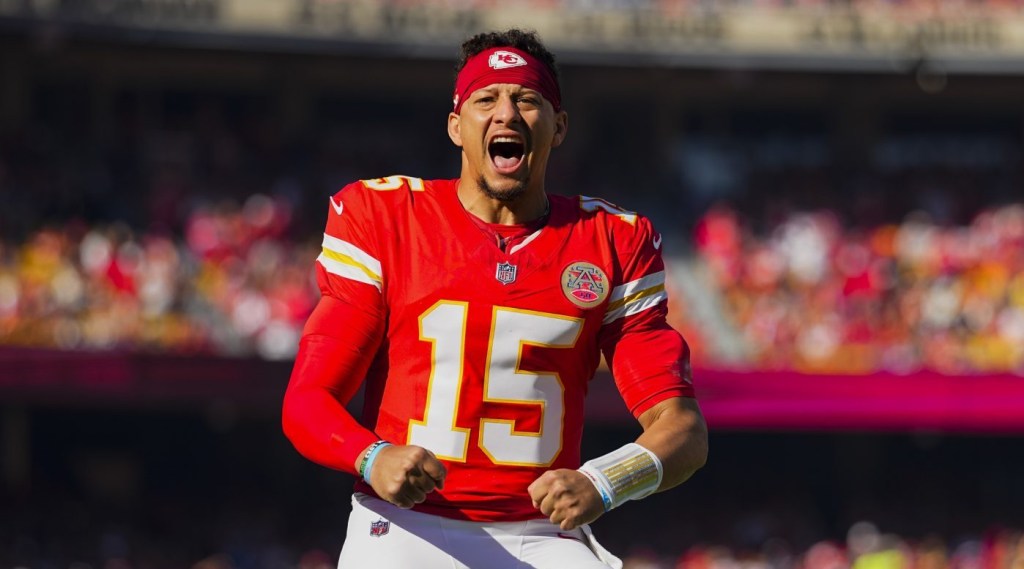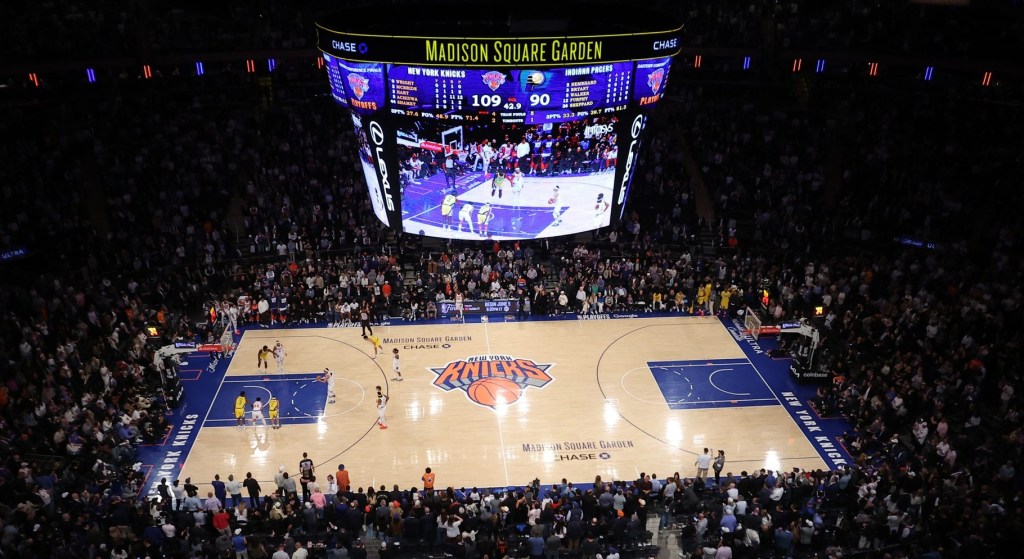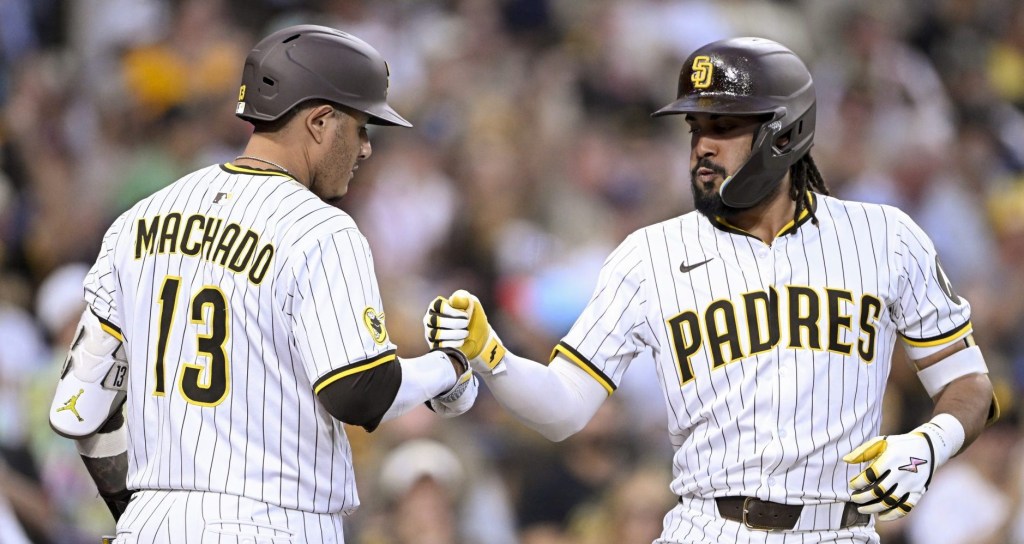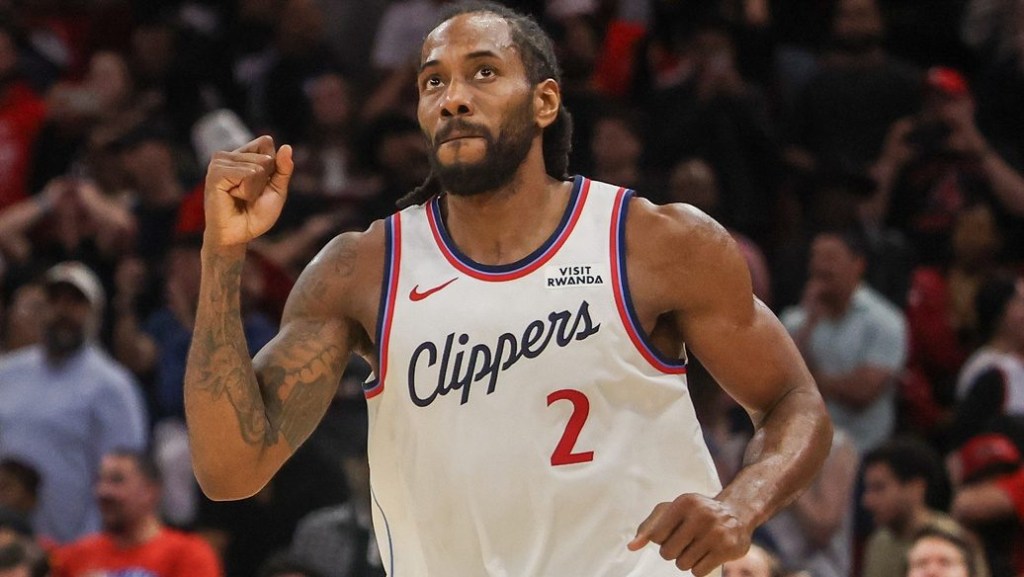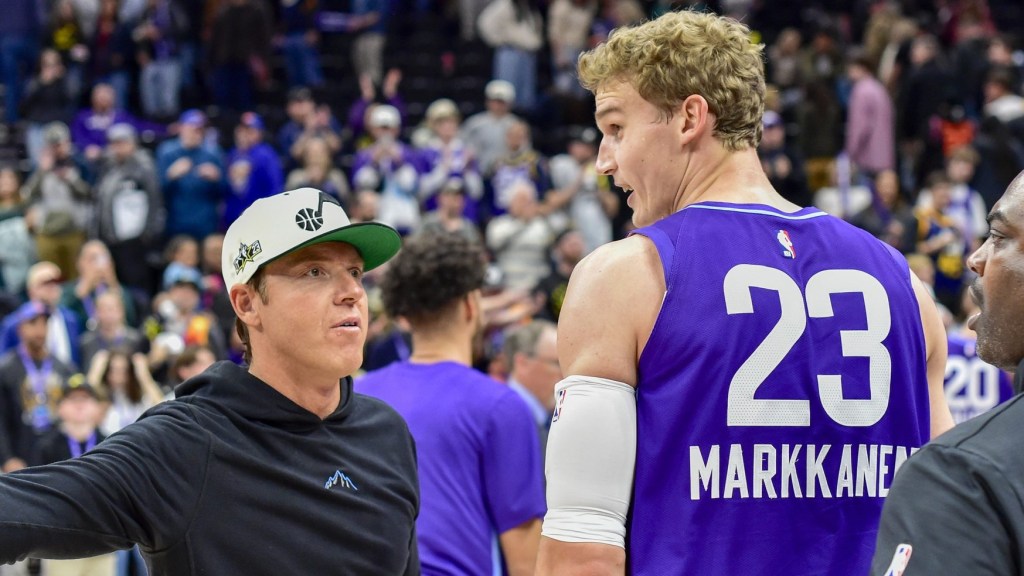The NBA’s two most historic franchises will have to wait to get formal approval for their recent sales.
The NBA’s Board of Governors will meet Tuesday, but the recent record sales of the Celtics and Lakers are not on the agenda, a league source tells Front Office Sports. That means both the sale of the Celtics at a $6.1 billion valuation, and the transaction that quickly broke its record for largest pro sports franchise sale in history—the Lakers sale at a $10 billion valuation to existing minority owner Mark Walter—are not expected to be voted on by the rest of the league’s owners.
The Celtics’ $6.1 billion sale was announced in March, just days before the NBA’s most recent Board of Governors meeting. At the time, commissioner Adam Silver said the league was “still in the process of digesting” it, which made it too early to vote on.
So it’s no surprise the Lakers deal, which is less than a month old, isn’t ready for a vote, either. That doesn’t mean either deal is in trouble. Team sales do not need to be voted on during scheduled Board of Governors meetings, a source familiar with the process tells FOS. The board can call a vote at any time. BOG approval and the closing of the transaction are the last two steps needed before the group led by Bill Chisholm can formally take over the Celtics. The BOG tends to meet three times per year, and special meetings of the BOG can be called as needed.
Compared to recent history, the Celtics deal is taking some time to obtain approval from the Board of Governors. It took about one month for the sale of Mark Cuban’s majority stake in the Mavericks to receive BOG approval after its November 2023 announcement; Michael Jordan’s sale of his majority stake in the Hornets was approved about a month and a half after its June 2023 announcement; same for the sale of the Suns by embattled ex-owner Robert Sarver to Mat Ishbia, which was approved in early February 2023 after being announced in December 2022.
The most recent deal approved by the Board of Governors, the Timberwolves sale to Alex Rodriguez and Marc Lore—which took about four years to complete—is an outlier because that was a multi-part transaction that was contested by the outgoing owner. The Celtics deal is also going to take place in multiple parts, but current governor Wyc Grousbeck isn’t seeking to claw back the deal like Glen Taylor did. Rodriguez and Lore were formally introduced as majority owners on Friday in Las Vegas.
Seemingly, the Celtics deal has been ready for approval since May. Then, a source familiar with the matter told FOS that Chisholm had amassed enough money to cover the cost of the deal, and the agreement would be compliant with NBA private-equity ownership rules (which stipulate that a PE firm cannot be the largest stakeholder in a team and that the controlling owner must contribute at least 15% of the purchase price).
In late May, FOS confirmed that the CEO of ArcelorMittal—the world’s second-largest steel producer—is contributing $1 billion to the transaction. Other investors participating in the deal include private-equity firm Sixth Street, existing Celtics minority owner Robert Hale Jr., and Bruce A. Beal Jr., president of Related Companies.
With neither the Lakers nor the Celtics sale on the agenda, the league’s owners will likely spend a significant amount of time discussing possible expansion at Tuesday’s meeting. At the NBA Finals in June, Silver said he plans to “take the temperature of the room” among owners to see whether there is enough interest to engage in the next steps of the process.
“The current sense is we should be exploring it,” Silver said in June ahead of Game 1 of the NBA Finals. “I don’t think it’s automatic, because it depends on your perspective on the future of the league. Expansion, in a way, is selling equity in the league. And if you believe in the league, you don’t necessarily want to add partners.”
Silver has wavered on expansion talks over the years, originally saying it was something the NBA would do after its collective bargaining agreement and media-rights deals were finished. But since both have been completed, Silver has announced the NBA’s intent to “explore” a league in Europe and expansion talks stalled after the Celtics went up for sale shortly after winning the 2024 NBA Finals.
The sales price for both the Celtics and Lakers could help drive expansion fees for teams above $6 billion, which would be divided among the league’s 30 owners for $200 million apiece. If the NBA does vote to expand, Seattle and Las Vegas have long been rumored to be the two front-runners to get teams.
